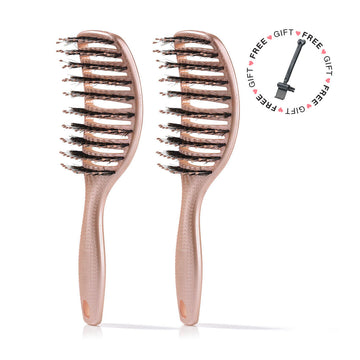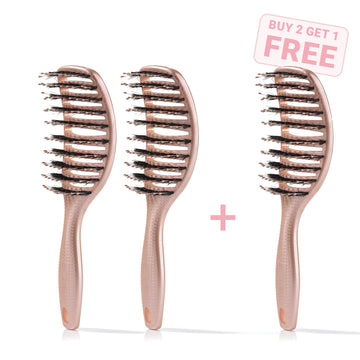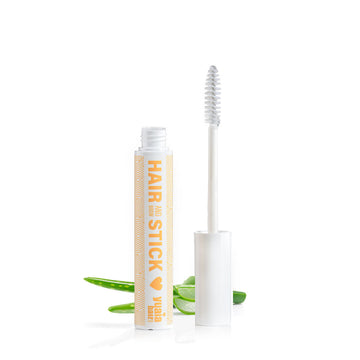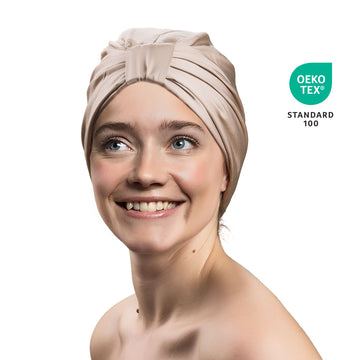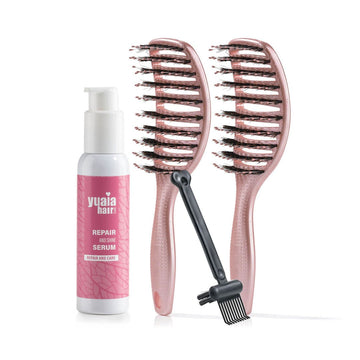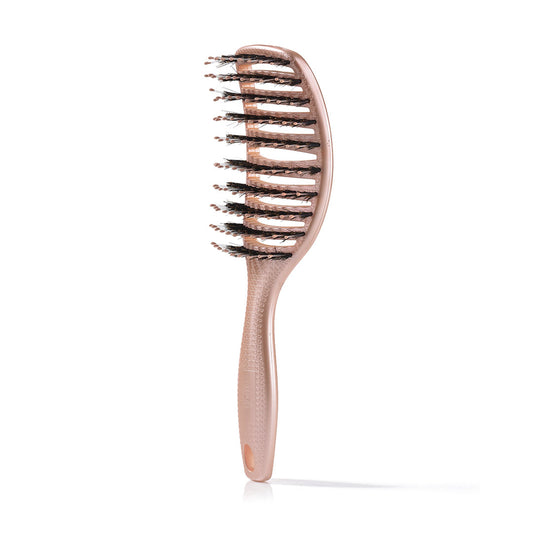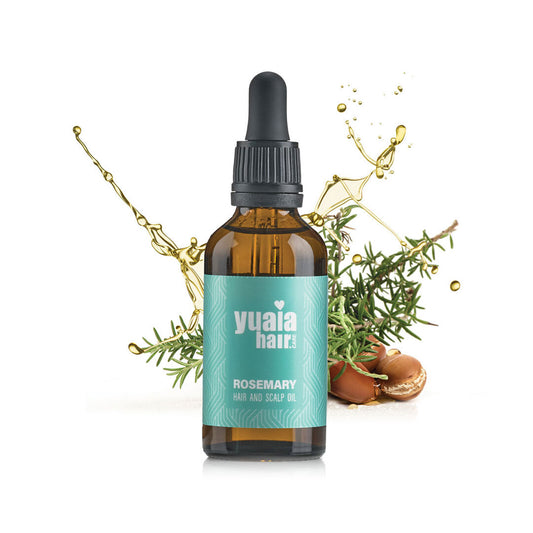
Natural remedies for cleaning scalp buildup
Addressing scalp buildup naturally involves utilizing simple, effective ingredients that can often be found in your kitchen. These remedies not only cleanse but also promote overall hair health.
Apple cider vinegar rinse
Apple cider vinegar (ACV) is a popular choice for naturally breaking down residue and balancing the scalp's pH. To create an ACV rinse, mix equal parts of ACV and water. After shampooing, pour the mixture onto your scalp, let it sit for a few minutes, and then rinse thoroughly. This method not only helps remove buildup but also adds shine to your hair.
Baking soda exfoliation
Baking soda is another effective natural exfoliant for the scalp. It can absorb excess oil and clear away product residue. To use, mix baking soda with your shampoo or create a paste with water. Gently massage the mixture onto your scalp and rinse well to reveal a cleaner surface.
Lemon juice rinse
The acidity of lemon juice is excellent for breaking down grease and residue. To make a lemon juice rinse, combine the juice of two lemons with warm water. Use this mixture as a final rinse after washing your hair to leave your scalp feeling refreshed and clean.
Aloe vera application
Aloe vera is known for its soothing and cleansing properties, making it ideal for scalp care. Apply aloe vera gel directly to your scalp, leave it on for a few minutes, and rinse off. This natural remedy helps calm irritation while removing buildup.
Tea tree oil treatment
Tea tree oil offers antimicrobial benefits that can balance scalp oils and reduce flaking. It's important to dilute tea tree oil with a carrier oil before applying it to the scalp. Massage the mixture gently into your scalp to help cleanse and maintain a healthy balance.
DIY scalp scrubs and brushing techniques
Incorporating DIY scalp scrubs and effective brushing techniques can significantly aid in removing buildup and maintaining a healthy scalp.
Homemade scalp scrubs
Creating your own scalp scrub can be a simple yet effective way to exfoliate. Combine sugar or salt with essential oils to create a gentle scrub. Massage it onto your scalp to loosen buildup and dead skin without causing irritation.
Using a scalp massager
A scalp massager, like our Curvy Brush, can help dislodge stubborn buildup and improve circulation. Regular scalp massages not only enhance blood flow but also promote relaxation and hair health.
By incorporating these natural remedies and techniques into your routine, you can effectively manage scalp buildup. These methods, combined with regular maintenance, will help keep your scalp clean and your hair looking vibrant.
Preventive habits for a healthy scalp
Maintaining a clean and healthy scalp is not only about addressing buildup when it occurs but also about adopting preventive habits. Regular washing tailored to your hair type is essential. For those with oily hair, washing more frequently can help manage excess oil, while those with dry hair might benefit from less frequent washing to retain natural moisture.
Choosing the right products is also vital. Avoid harsh commercial products that can leave residue and opt for sulfate- and silicone-free formulations. At Yuaia Haircare, we offer products like our Rosemary Oil that can help maintain scalp health and prevent buildup.
FAQs: Addressing common concerns
How often should I wash my hair to prevent buildup?
The frequency of washing should depend on your hair type. Oily hair may require washing every other day, while dry hair might only need washing once or twice a week.
Can natural remedies replace commercial clarifiers?
Natural remedies can be effective alternatives to commercial clarifiers. Ingredients like apple cider vinegar and baking soda offer cleansing benefits without the harsh chemicals found in some commercial products.
What are the signs of excessive scalp buildup?
Signs of excessive scalp buildup include itchiness, dandruff, and a greasy or heavy feeling on the scalp. These symptoms indicate it's time for a thorough scalp cleansing.
Is it safe to use these natural remedies on sensitive scalps?
For those with sensitive scalps, it's important to perform a patch test before using any new remedy. Opt for gentler ingredients like aloe vera or diluted tea tree oil, and avoid anything that causes irritation.
 Entrega en 2-4 días
Entrega en 2-4 días
 Más de 100.000 clientes satisfechos
Más de 100.000 clientes satisfechos
 Garantía de satisfacción
Garantía de satisfacción








